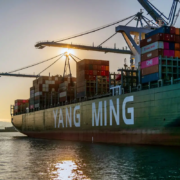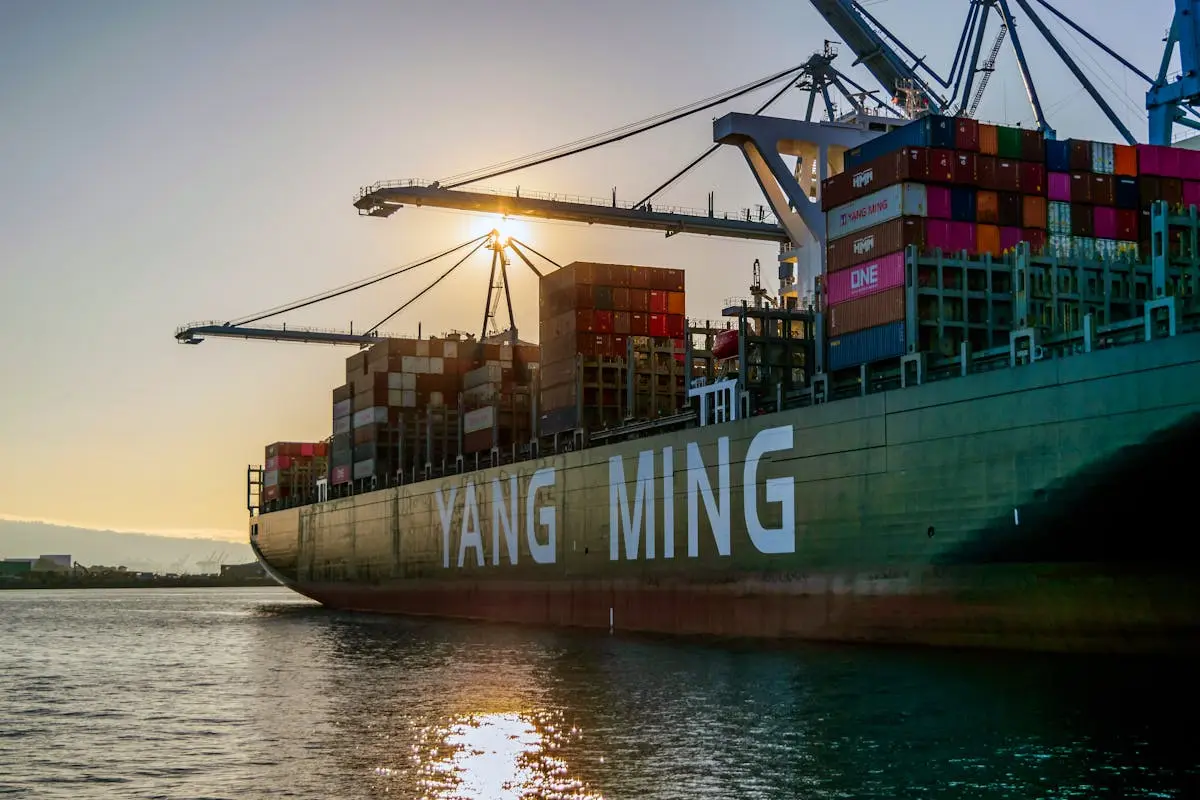7 Tips for Ensuring Safe Wine Transit During International Shipping
Embarking on the journey to transport wine across international borders can be a delicate process. Ensuring the safety and integrity of your precious cargo is paramount. With these 7 essential tips, you can navigate the complexities of wine transit with confidence.
1. Navigating International Wine Shipping Regulations
Before embarking on shipping your wine internationally, it’s crucial to familiarize yourself with the intricate web of regulations governing the transportation of alcohol across borders. Each country has its own set of rules and restrictions when it comes to importing wine, ranging from labeling requirements to specific permits. Without a thorough understanding of these regulations, your shipment could encounter delays or even be rejected at customs.
Consulting with experts in international wine shipping or customs brokers can provide invaluable guidance in navigating these complex regulations. By ensuring compliance with all legal requirements, you can avoid costly setbacks and ensure a smooth transit for your wine across borders.
Additionally, staying informed about any recent changes or updates to international shipping regulations is essential to adapting your shipping strategy accordingly. Continuous education and vigilance in this area will help you maintain the integrity of your wine transit operations.
2. Choosing the Right Packaging for Wine Transport
Selecting the appropriate packaging for your wine bottles is a critical step in ensuring their safe transportation during the international shipping process. Investing in sturdy, shock-absorbent materials that can withstand the rigors of long-distance travel is essential to prevent breakage or damage to your precious cargo.
Consider utilizing specialized wine shipping boxes or inserts that securely hold each bottle in place and provide cushioning against any impacts. Double-boxing fragile or valuable bottles and using insulating materials to protect against temperature fluctuations can further safeguard your wines during transit.
Properly labeling your packages with handling instructions and fragile stickers can also help alert shipping carriers to the delicate nature of the contents, reducing the risk of mishandling or accidents during transportation.
3. Understanding Climate-Controlled Storage Needs
Maintaining the optimal temperature and humidity levels for your wine shipments is crucial to preserving their quality and flavor profiles during international transit. Exposure to extreme temperatures or fluctuations can have a detrimental impact on the taste and aroma of the wines, potentially rendering them undrinkable upon arrival.
Partnering with logistics providers that offer climate-controlled storage facilities can help ensure that your wines are stored in conditions that mimic their ideal environment throughout the shipping process. From temperature-controlled warehouses to insulated shipping containers, prioritizing climate control is key to safeguarding the integrity of your wine shipments.
4. Securing Safe and Reliable Transportation Services
Choosing reputable and experienced transportation services for your wine shipments is paramount in ensuring their safe and timely delivery to international destinations. Collaborating with carriers that specialize in wine logistics and have a proven track record of handling fragile cargo with care can provide peace of mind throughout the shipping process.
Requesting real-time tracking and monitoring of your shipments can also offer visibility into the location and condition of your wines at every stage of their journey. By partnering with reliable transportation providers, you can mitigate risks and address any issues promptly to prevent potential damage or losses.
5. Implementing Effective Inventory Tracking Systems
Maintaining accurate and detailed inventory records of your wine shipments is essential for tracking their movements and ensuring their security during international transit. Implementing robust inventory tracking systems that utilize barcoding, RFID technology, or digital platforms can streamline the monitoring process and provide real-time visibility into your wine inventory.
By digitally tracking each bottle from source to destination, you can quickly identify any discrepancies or irregularities that may arise during transit. This proactive approach to inventory management enhances the security of your wine shipments and facilitates effective communication with all stakeholders involved in the shipping process.
6. Training Staff on Proper Wine Handling Protocols
Educating your staff members on the proper handling and care of wine shipments is crucial to minimizing the risk of damage or spoilage during international transit. Providing comprehensive training on best practices for packaging, loading, unloading, and storing wine bottles can empower your team to uphold the highest standards of quality and safety throughout the shipping process.
Emphasizing the importance of gentle handling, avoiding exposure to light or heat, and following established protocols for temperature maintenance can help prevent any mishaps that could compromise the integrity of your wine cargo. By investing in staff training and continuous education, you can strengthen your wine transit operations and enhance customer satisfaction.
7. Developing Contingency Plans for Shipping Delays or Issues
Anticipating and preparing for potential shipping delays or unforeseen issues is essential to safeguarding the successful delivery of your wine shipments during international transport. Developing comprehensive contingency plans that outline alternative routes, emergency contacts, and risk mitigation strategies can help you address challenges swiftly and effectively.
Collaborating closely with your transportation providers to establish clear communication channels and protocols for handling disruptions can enable proactive decision-making and timely resolutions in the event of delays or logistical complications. By proactively planning for contingencies, you can minimize the impact of unforeseen circumstances on your wine transit operations and maintain the quality of your shipments.
When it comes to international shipping, safeguarding your wine transit is crucial to preserving the quality of your prized bottles. By implementing these tips, you can ensure that your wine arrives at its destination unharmed and ready to be enjoyed. For more information on wine shipping techniques, visit our partner site. Don’t forget to check out their blog for additional insights into the world of wine.



